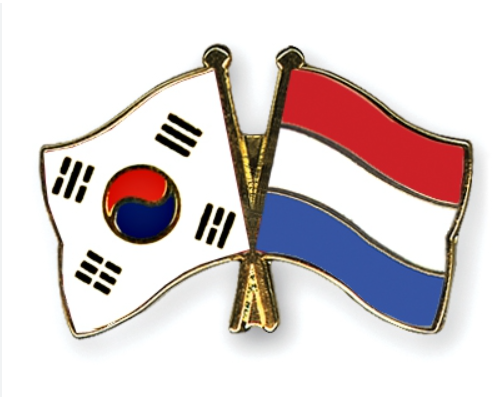
Newsnomics AJAY ANGELINA reporter | South Korea and the Netherlands signed seven memorandums of
understanding between their companies and agencies to enhance cooperation on eco-friendly mobility, new
renewable energy and various other industry sectors, said the Seoul Ministry of Trade, Industry and Energy.
Prior is the POSCO International Corp., a major South Korean commodities trader, and Hardt Hyperloop of the Netherlands signed MOU for their strategic business ties, according to the ministry report.
The signing ceremony in Seoul was attended by Ahn Duk-geun, Korean Trade Minister and Liesje Schreinemacher, his Dutch counterpart who is in South Korea for visit.
The two ministers held talks on Tuesday and agreed to strengthen complementary ties in semiconductor and key industry fields for their economic security, according to the ministry.
During the bilateral meeting with Schreinemacher, the Korean minister Ahn asked for the Netherlands'
attention to South Korean battery makers with regard to the European Union's envisioned regulations on the
sector.
The ministers of both countries also met with officials of their nations' major chipmakers and discussed the
EU's policy measures about chip exports and joint business opportunities in following meeting.
The Dutch minister Liesje Schreinemacher, is already on three days visit to south Korea from Monday to wed-
nesday to lead her nation's trade delegation involving 80 government and corporate officials.
The ministry said, “Netherlands visit to Korea is part of efforts to make tangible results of last year's summit
talks between South Korean President Yoon Suk Yeol and Dutch Prime Minister Mark Rutte, as the two
nations agreed to upgrade their ties to a "strategic partnership" and to boost cooperation in semiconductor,
nuclear power generation, mobility, smart farming and various advanced sectors.”
The Netherlands ranked second after Germany as the European country with the highest trade volume with
South Korea at $16 billion in 2022, said the ministry.
Trade between the two countries logged $10.2 billion in 2020, and $15 billion in 2021.
